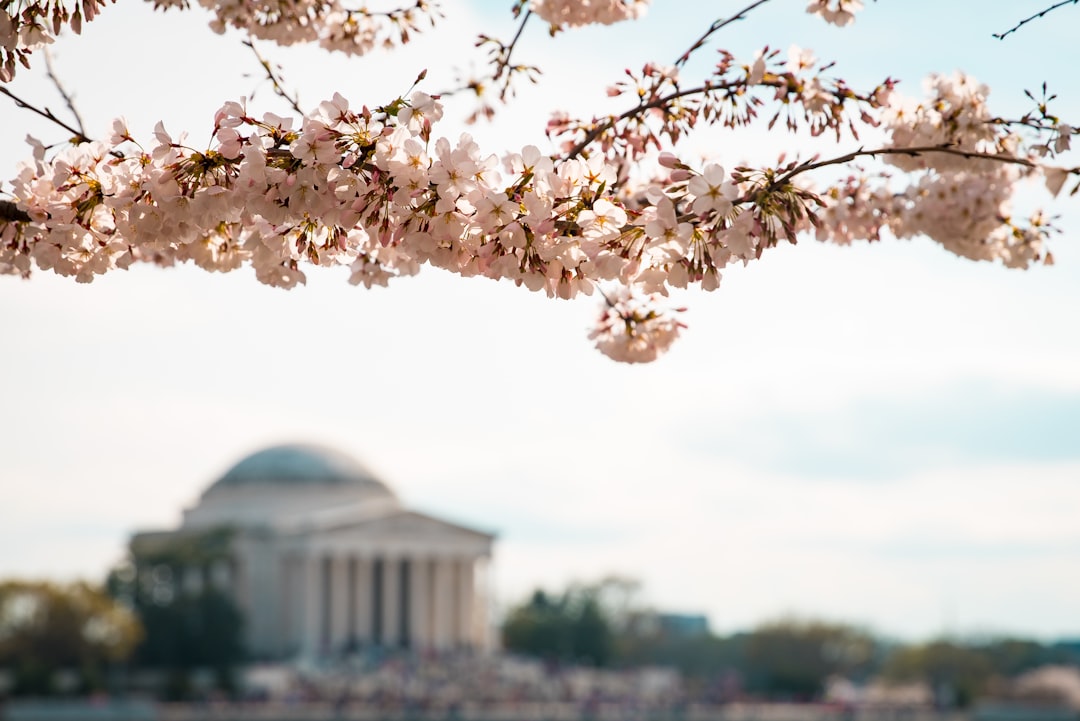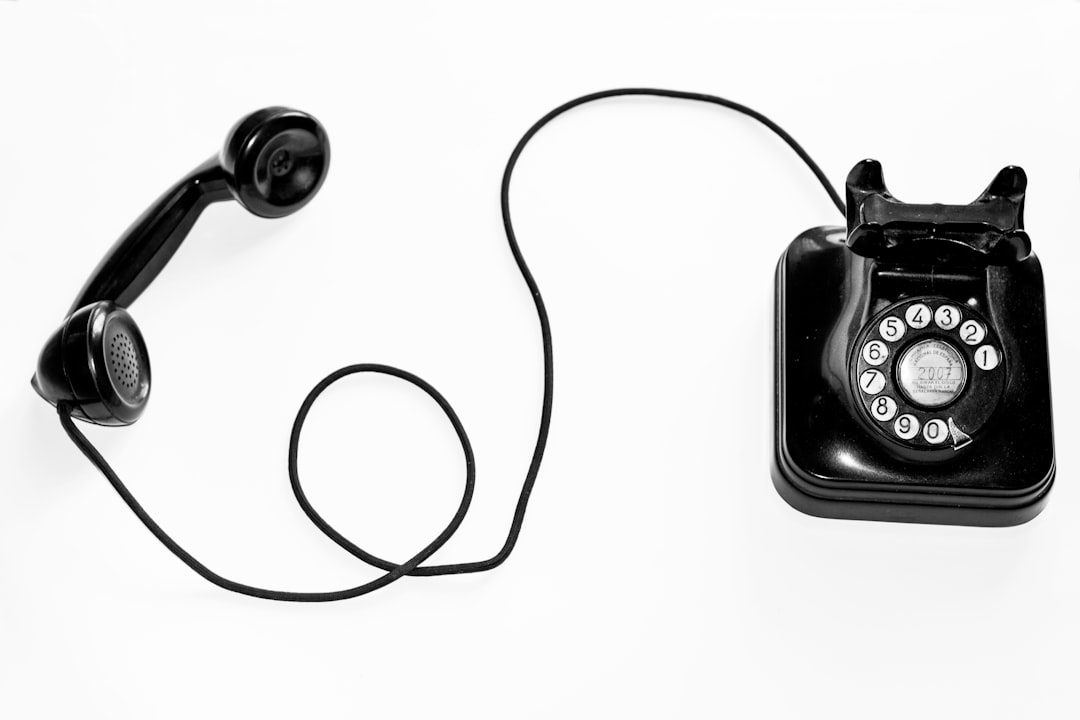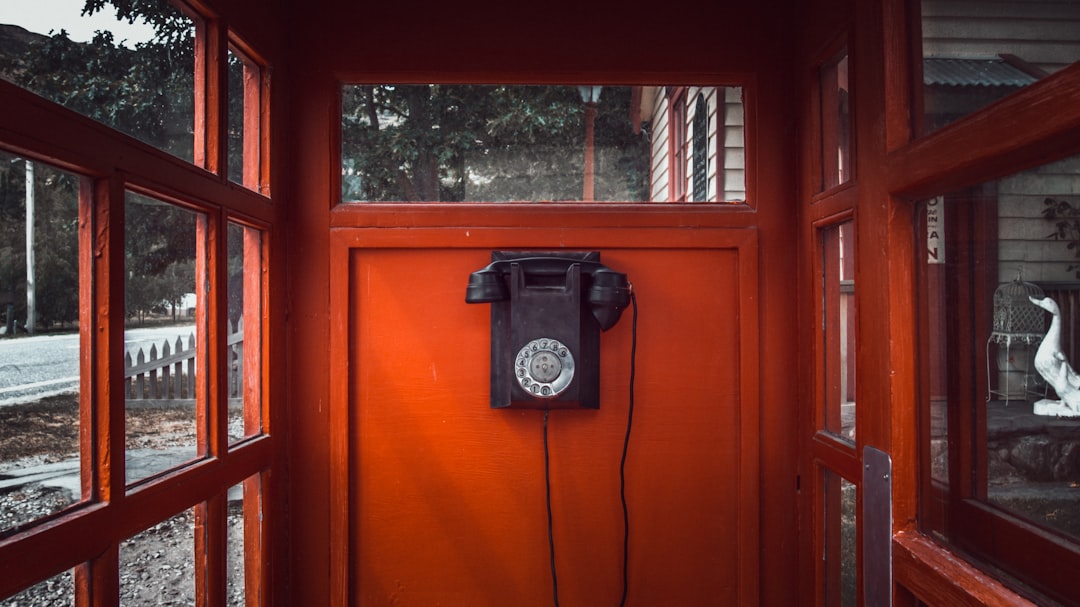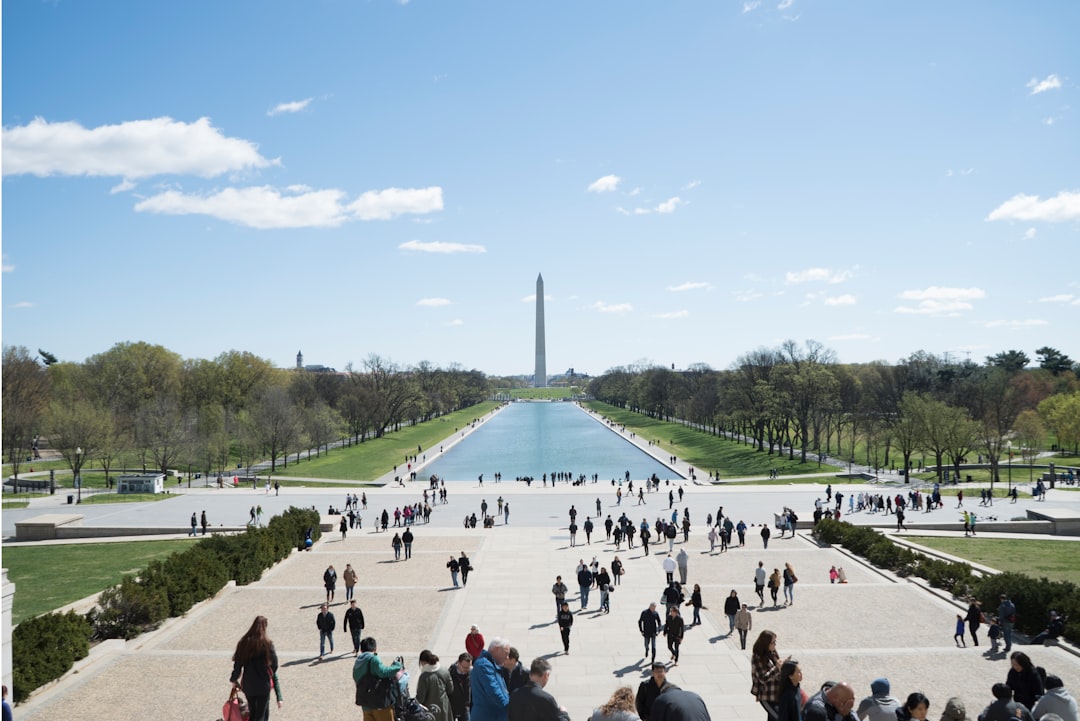Seattle's strict autodialer regulations aim to protect consumers from unwanted calls, promoting fair communication practices. Businesses must obtain explicit consent before using automated dialing systems for telemarketing or sales, with clear opt-out mechanisms required. Adhering to these guidelines, facilitated by expert autodialer lawyers in Washington, helps maintain customer trust and complies with state laws like TCPA, avoiding legal risks.
In Seattle, navigating consumer interactions requires a thoughtful approach, especially with the prevalence of autodialer technology. This article guides you through crafting a consumer-friendly autodialer policy, addressing local regulations and best practices. We explore key considerations, from defining ‘do’s’ and ‘don’ts’ to understanding the legal perspective from top autodialer lawyers in Washington. By implementing these strategies, businesses can ensure ethical practices and maintain customer satisfaction.
Understanding Seattle's Autodialer Regulations

Seattle has specific regulations regarding autodialers, also known as automatic telephone dialing systems (ATDS), which are designed to protect consumers from unwanted phone calls. These rules are in place to ensure fair and transparent communication practices. Washington state law defines an autodialer as any device that uses an automated dialer to make outgoing calls, often used for telemarketing or sales purposes.
Understanding these regulations is crucial when creating a consumer-friendly autodialer policy. Seattle’s laws mandate that companies obtain explicit consent before using an autodialer to contact residents. This means businesses must have a clear and concise opt-out mechanism in place, allowing consumers to easily stop receiving automated calls. Autodialer lawyers in Washington can provide expert guidance on navigating these complex regulations, ensuring your company complies with local laws while maintaining effective communication strategies.
Defining Consumer-Friendly Practices

Creating a consumer-friendly autodialer policy involves prioritizing ethical and transparent practices in marketing efforts. This means ensuring that automated phone calls, or autodialers, respect individual privacy and consent. In Washington state, where regulations around telemarketing are stringent, businesses must go beyond simple compliance to cultivate trust with their customers.
Autodialer lawyers in Washington emphasize the importance of clear opt-out mechanisms, limited call frequency, and personalized messaging to foster consumer-friendly practices. Businesses should also provide easily accessible means for consumers to manage their preferences, such as do-not-call lists or opt-in/opt-out options within each autodialed message. By adhering to these guidelines, companies can create a policy that not only avoids legal repercussions but also strengthens customer relationships through responsible and respectful communication.
Crafting Clear Do's and Don'ts
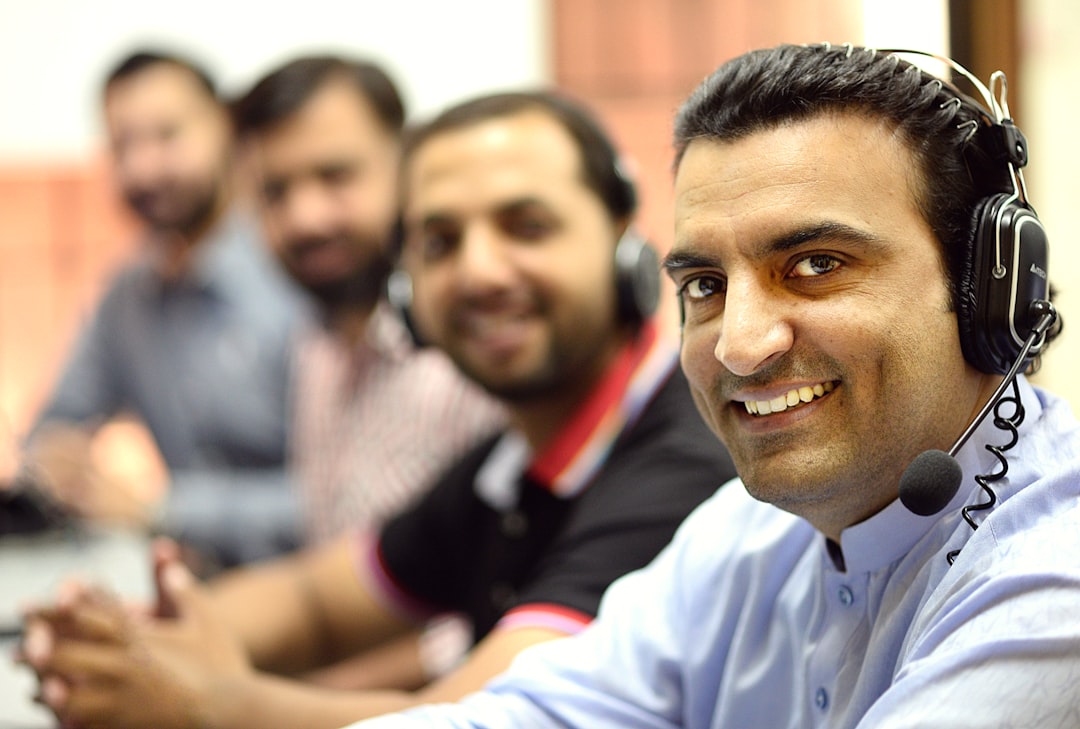
Creating a consumer-friendly Autodialer Policy in Seattle requires a clear, concise approach that outlines specific dos and don’ts for businesses using autodialer services. This policy should emphasize ethical practices to protect consumers from unwanted phone calls, ensuring compliance with Washington state laws governing telemarketing.
For instance, do inform consumers about the call’s purpose upfront and provide an option to opt-out politely. Conversely, don’t make automated calls to numbers on the National Do Not Call Registry or those who have explicitly requested to stop receiving such calls. By adhering to these guidelines, autodialer lawyers in Washington can help businesses maintain a positive reputation while respecting consumer rights.
Enforcing Compliance: Legal Perspective from Autodialer Lawyers Washington

In Seattle, enforcing compliance with autodialer policies from a legal perspective is crucial, and seeking guidance from autodialer lawyers Washington can be immensely beneficial. These attorneys specialize in navigating the complex regulations surrounding automated dialing systems, ensuring businesses adhere to consumer protection laws like the Telephone Consumer Protection Act (TCPA). They play a vital role in helping companies craft and implement effective autodialer policies while mitigating legal risks.
By engaging autodialer lawyers Washington, businesses can ensure their practices are compliant with current legislation. These legal experts can offer insights into best practices, such as obtaining proper consent, providing opt-out options, and maintaining detailed records of consumer preferences. Their guidance helps Seattle companies avoid costly fines and protects them from potential lawsuits related to autodialing activities.

